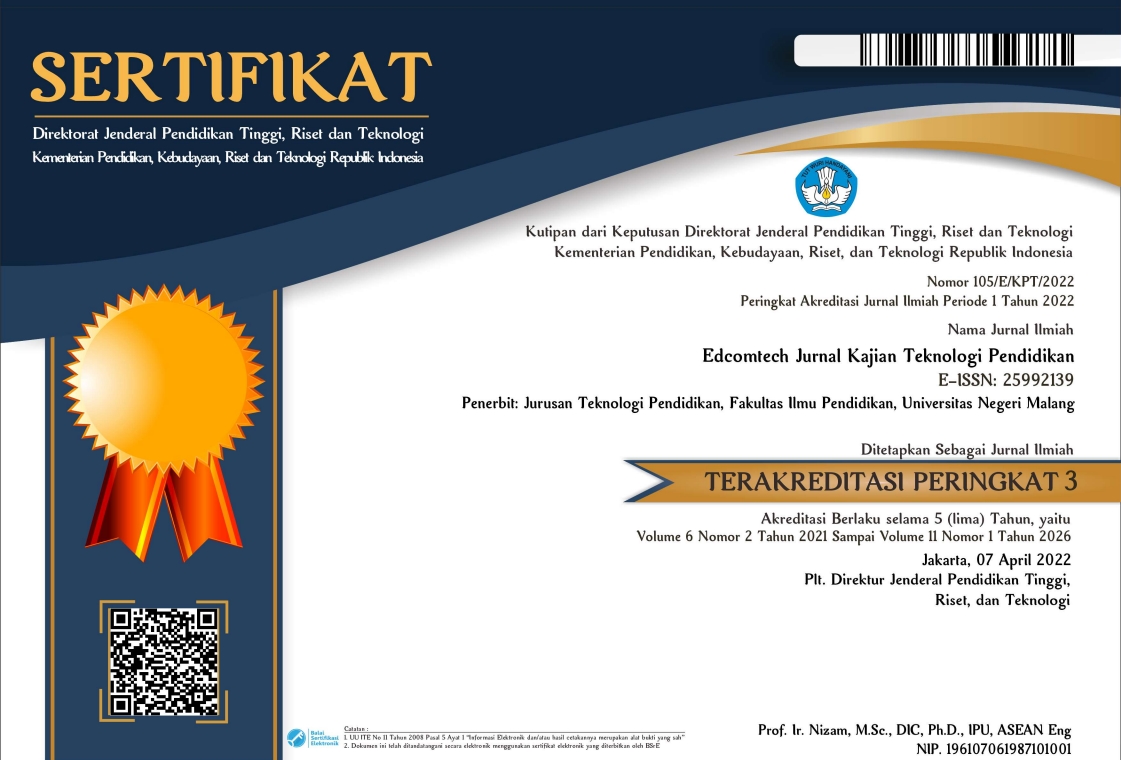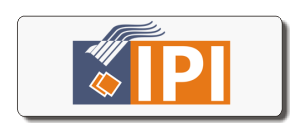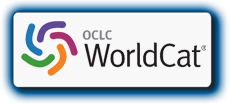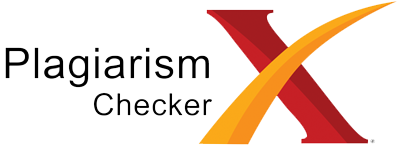The Influence of the Problem Based Learning and Attitudess towards Learning Outcomes For Mathematics
Abstract
This research aims to (1) to know the differences between the learning outcomes of students who follow the LBC and conventional learning, (2) to tell the difference between students who have learning outcomes learning the attitude of higher and lower (3) to know the interactions between models of learning and learning attitude towards learning outcomes. This research uses a type of quantitative research. Implementation observations data model Data and results of Problem Based learning questionnaire attitudes of the students analyzed inquantitative descriptive by determining the score and the percentage obtained every aspect is observed. The results showed that: (1) there is a difference between the learning outcomes of students who follow Problem Based Learning and conventional learning. (2) there is a difference between students who have learning outcomes learning the attitude of higher and lower (3) there are interactions between the learning model and attitudes towards learning outcomes.
Full Text:
PDFReferences
Adhetia Martyanti. (2016). Keefektifan pendekatan problem posing dan problem solving dalam pembelajaran kalkulus II. Jurnal riset pendidikan matematika. Vol.3,N0.2
Arikunto, Suharsimi. (2006). Prosedur Penelitian Suatu Pendekatan Praktek. Jakarta: Rineka Cipta.
Arikunto, Suharsini, dkk, (2006). Penelitian Tindakan Kelas. Bumi Aksara. Jakarta
Arikunto, S. (2006). Prosedur Penelitian. Jakarta: PT Rineka Cipta.
Asmawi, Zainul. Pengukuran, Tes dan Evaluasi Hasil Belajar, Jakarta : PAU, 1992.
Baron. (2004). Psikologi Sosial.Erlangga. Jakarta
Borg and Gall. (1983). Education Research: An Introduction 4th edition. New York: Longman.
David Boud & Graham Feletti. (1991). The Chalenge of problem Based Learning. New York : St.Martin’s.
Departemen Pendidikan Nasional, (2003). Undang-undang Nomor 20 Tahun 2003, tentang Sistem Pendidikan Nasional, Jakarta: Dediknas.
Depdiknas, (2004). Kerangka Dasar Kurikulum 2004. Jakarta: Depdiknas.
DOI: http://dx.doi.org/10.17977/um039v4i12019p001
Refbacks
- There are currently no refbacks.
Copyright (c) 2019 Edcomtech Jurnal Kajian Teknologi Pendidikan

This work is licensed under a Creative Commons Attribution-ShareAlike 4.0 International License.
Edcomtech: Jurnal Kajian Teknologi Pendidikan published by Department of Educational Technology, Faculty of Education, State University of Malang in Collaboration with Asosiasi Program Studi Teknologi Pendidikan Indonesia (APS TPI) and Ikatan Profesi Teknologi Pendidikan Indonesia (IPTPI) with MoU.
Publisher Address:
Lab. Teknologi Pendidikan, Gd.E2, Lt.1
Fakultas Ilmu Pendidikan Universitas Negeri Malang
Jalan Semarang No 5, Kota Malang Kode Pos 65145
Email: edcomtech.fip@um.ac.id
========================================================================================================
| INDEXED BY | TOOLS | PLAGIARISM CHECK | ARTICLE TEMPLATE |
|

Edcomtech is licensed under a Creative Commons Attribution-ShareAlike 4.0 International License.
Edcomtech Statistics (Since July 13th, 2020)











1.png)








